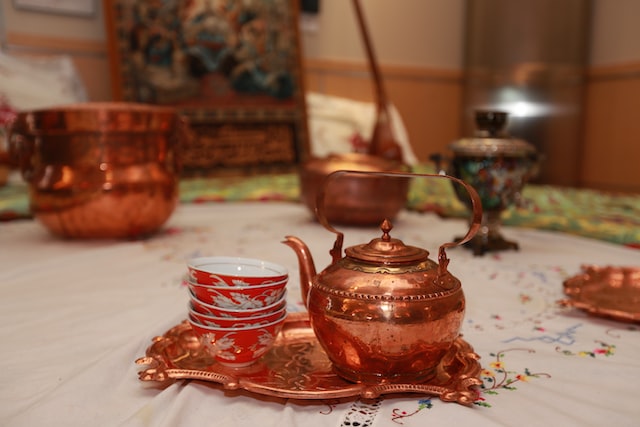Could the Chinese protests be telling an unregarded story of national solidarity?
Enlarge

Much of the western media’s current coverage of China has been focussed on the fact that widespread demonstrations in that country are unprecedented. And that they are unprecedented because they require extraordinary bravery.
Indeed, the protests that started last week are a rare display of the Chinese people’s anger at their government, as well as the biggest show of Chinese public disobedience outside of Hong Kong since Tiananmen Square in 1989.
We all know what happened in Tiananmen Square. I clearly remember working on the next day’s edition at The Times of India in Delhi, as news of the massacre rolled in, to our horror. (We were young and naive.)
Which is why it’s right and proper to note just how brave the current demonstrations are, with protestors actually daring to chant the name of Xi Jinping, who has been the country’s supreme leader for a decade. In fact, demonstrations even broke out at Mr Xi’s alma mater, Tsinghua University, along with other places such as Urumqi, Nanjing, Shanghai, Wuhan, Guangzhou and Beijing. In the city of Chengdu, the chant went up: “We don’t want a leader for life political system. We don’t want an emperor.”
So yes, it’s valid for media outlets anywhere to focus on the scale and rarity of these nationwide demonstrations in China. But some might say the western media’s tone is too eager – for revolution or resolution. It’s striking a tone that seems almost breathless with anticipation for the system to come crashing down.
Will it?
That’s hard to say but it wouldn’t be unknown for people, particularly university students, to take to the streets en masse for fairly simple reasons that don’t involve wholesale systemic change. As we have seen in Germany, in Florida and other parts of the US, people can protest very fervently for a melange of reasons – lockdown blues; frustration with draconian covid policies; anger that the individual has little agency.
In China, at this point, something else is worth noting: where and why it all began. Remember the current protests were sparked by an apartment block fire in Urumqi, the capital of Xinjiang, which killed 10 people on November 24. The incident sparked protests in the region, and eventually spread nationwide following a vigil in Shanghai. Could that suggest a powerful sense of national unity and solidarity, including with the very people who some say are ‘othered’ in China (ie. Muslim minorities in the Xinjiang Uyghur Autonomous Region)?

